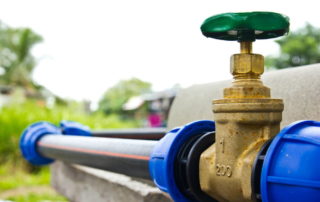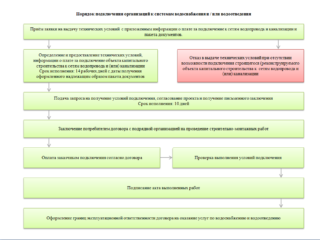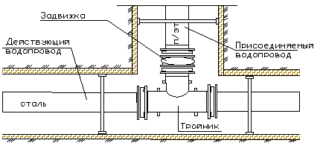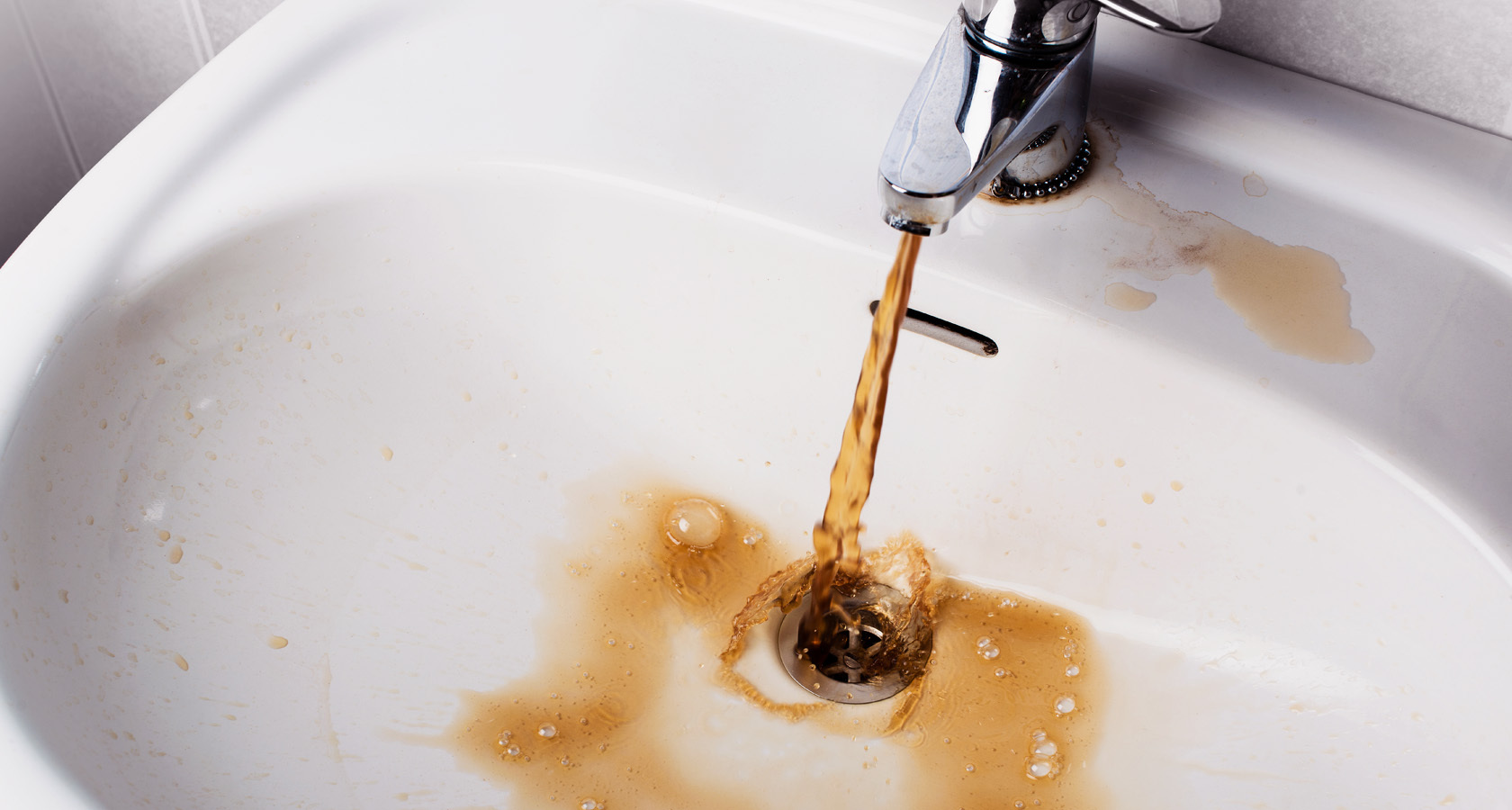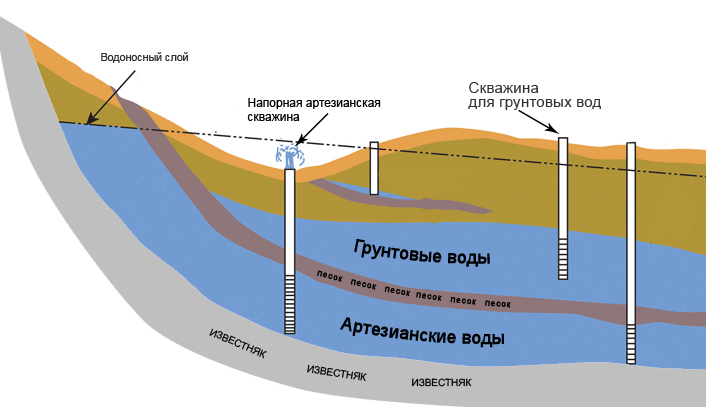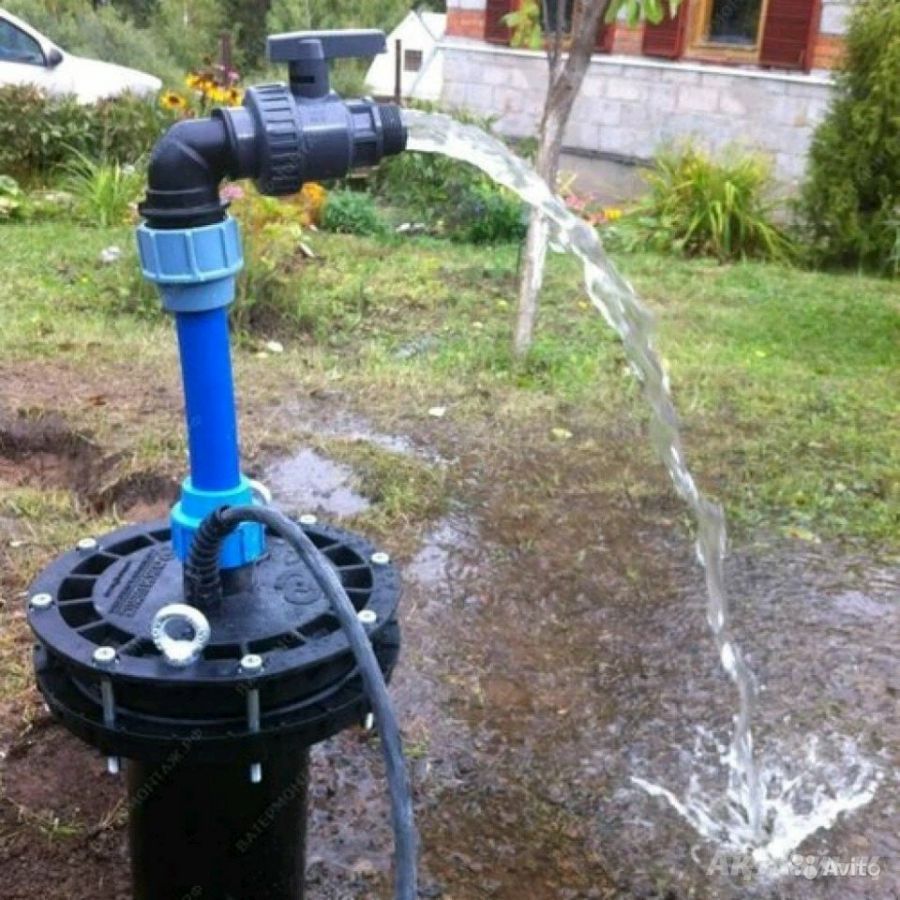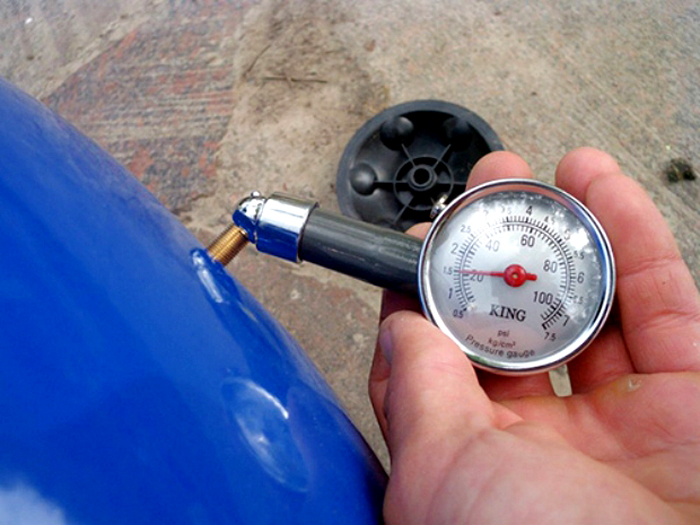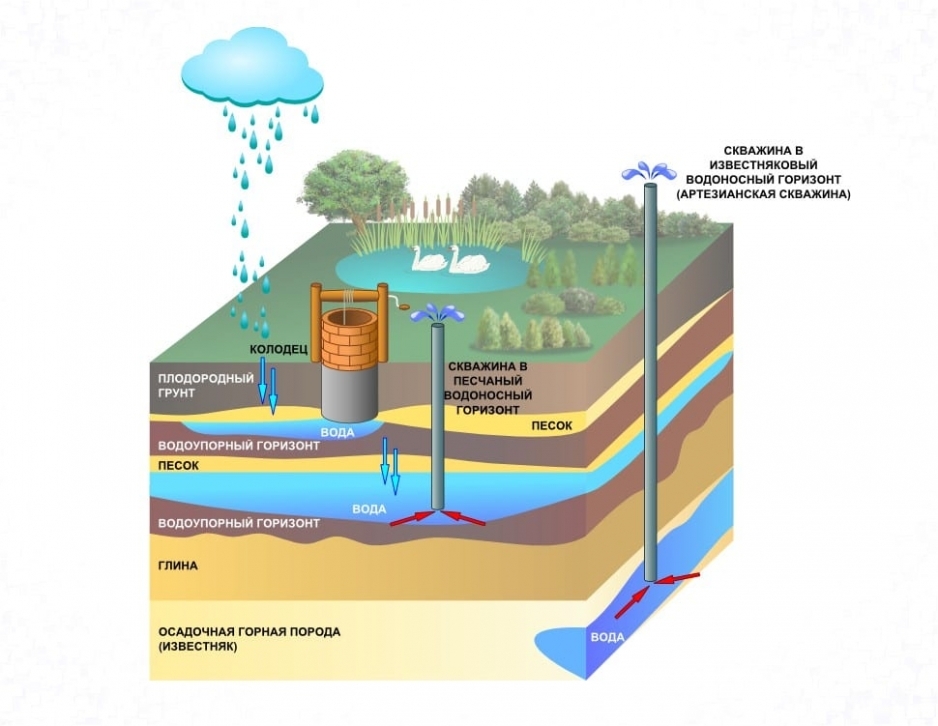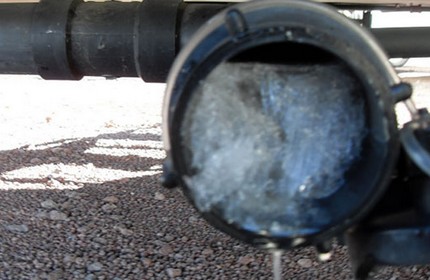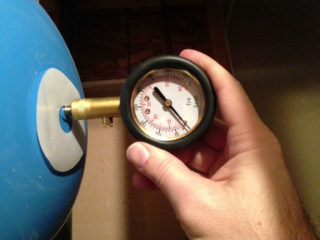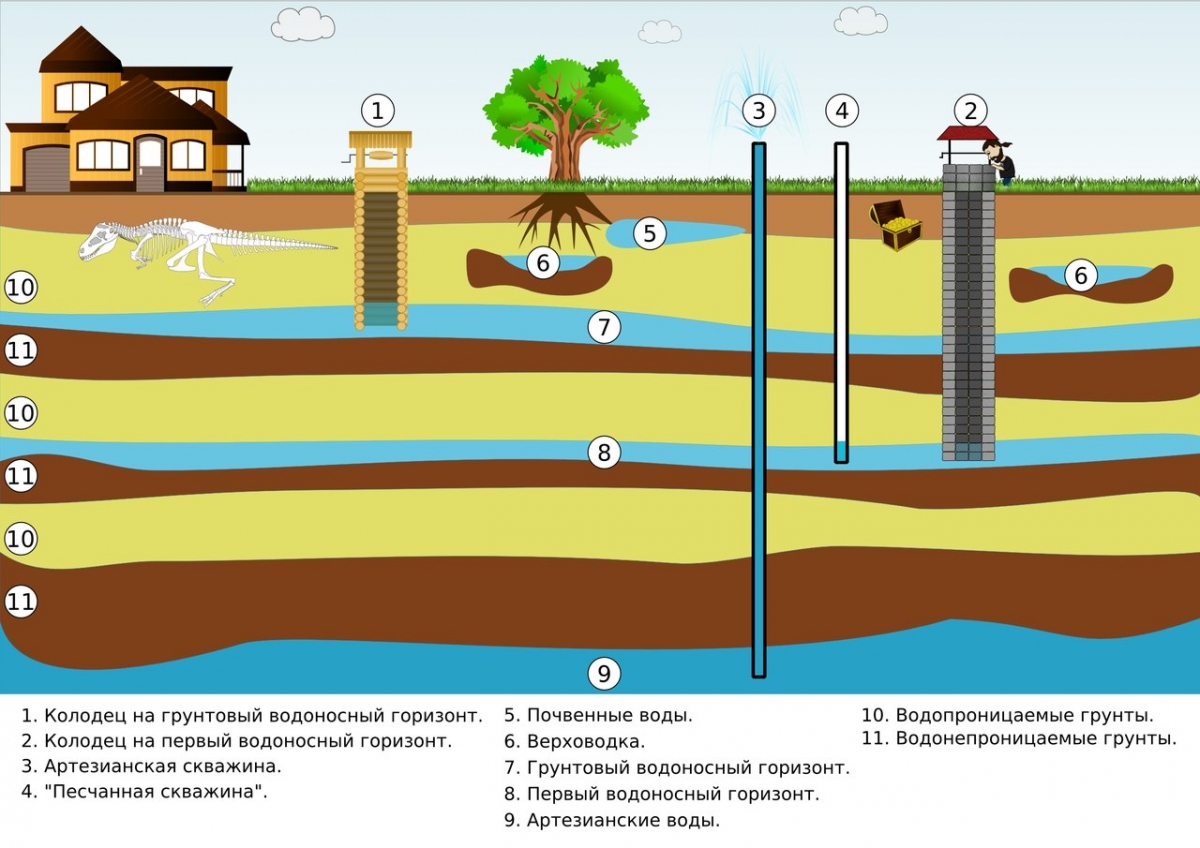The most effective way to ensure a constant supply of drinking water in a private house is to connect to a central water supply. The task is realized only if there are documents permitting the procedure. The papers are issued by the responsible city services.
Advantages and rules of connection
- It is more economically profitable to connect to the city water supply network than, for example, to develop your own well.
- The connection to the water supply will allow the constant use of high-quality drinking water.
- The pressure in the system will be constant and within normal limits.
The legislation provides for documents defining the rules and procedure for connecting to the city's water supply. In accordance with them, there is a certain algorithm of actions that should be followed to implement the task.
- Submitting an application for a permit to the executive authorities, which, within five working days, provide the applicant with information regarding the company directly responsible for organizing water supply in a particular area.
- Vodokanal issues to the customer technical specifications for the connection to the water supply system. The contract is concluded without technical conditions, but in this case the volume of consumed water must be known in advance.
- Within three working days, documents are reconciled and the technical feasibility of the tie-in is determined.
- Within 20 days, the applicant receives in his hands a contract and settlement documents for payment for the service.
Vodokanal or any other responsible service has no right to refuse the customer, except in cases where there is no technical connectivity.
Required package of documents
List of required documents:
- A copy of the acts confirming the customer's ownership of the connection object.
- Identity card (photocopy).
- If a legal entity will connect, you should provide standard documentation for organizations that conclude contracts with resource-supplying enterprises.
- Information required to determine estimated water consumption.
- Copies of previously concluded agreements for connection to water mains.
- Copies of the acts of the companies that carried out the disinfection at the customer's site.
- Passport for water meters to check their compliance with standards.
- Documents for the site (photocopies of title documentation).
- Papers confirming other sources of water intake.
You may also need expert solutions that are provided by public or private companies.
Project preparation
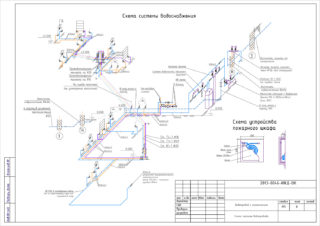
Often, representatives of the water utility are involved in the preparation and implementation of the project, since the structure has a design department, as well as installation specialists.
Documentation:
- A visual project with an explanatory note that deciphers the nuances.
- Specification, which displays the necessary components.
- Cost estimate documents, as well as a resource sheet.
The documents should show the technology for carrying out trenching work. It includes the allocation of intersections with existing networks, and also provides for the protection of such nodes from damage.
The material for the manufacture of elements, the slope angles on any section of the water supply system, the diameters of the pipes, as well as the brand and type of shut-off and control valves are taken into account.
The finished project is registered at the SES. The next step is to order terrain drawings and obtain exact distances to buildings and other, even insignificant, objects.
The main clauses of the contract and the necessary acts
Immediately before connecting to the network, it is necessary to sign an agreement with the water supply company. The document includes the following information:
- data on water supply according to technical conditions (pressure and volume);
- timing of water supply;
- qualitative indicators;
- quality control methods;
- conditions under which the water supply is temporarily stopped;
- consumption accounting rules;
- terms and conditions of payments;
- rights, obligations and responsibilities of the parties;
- the rules for providing information by the water utility employees and the subscriber.
If the contract is drawn up in the form, they begin to insert into the water supply system. Upon completion of the work, the performers provide an act, which is signed by the customer. Sometimes a document is drawn up on the actions taken to isolate and protect pipes.
After connecting the house to the network by the services of the SES, the system is flushed, followed by the signing of an act on the compliance of water with standards.
Actions when tapping into the central water supply
Upon completion of the trenching steps, the installation of the pipeline begins and the tie-in into the water supply system begins. Only employees of the water supply company have the right to do this. Disconnecting the supply in the well and connecting to the pipes of the existing water supply system are carried out by the specialists of the water utility.
The last stage is the installation of valves and water meters. After the manipulations, the performers and the customer carry out the acceptance of the work, about which an act is drawn up, which is signed by the parties.
Connection prices
The exact cost is formed on the basis of a set of indicators. It depends on the following factors:
- Route dimensions - highway length.
- The material from which the pipes are made (steel, PVC).
- The complexity and depth of trenching work.
On average, prices for certain services are as follows:
- Project - 5000 rub.
- Registration and receipt of technical specifications - from 4000 to 5000 rubles.
- Agreements in the authorities will cost about 12,000 rubles.
- Ordering and work of equipment - 5,000 - 10,000 rubles.
In each region, water injection into the central water supply system costs differently, it all depends on the pricing policy of a particular city or region.

